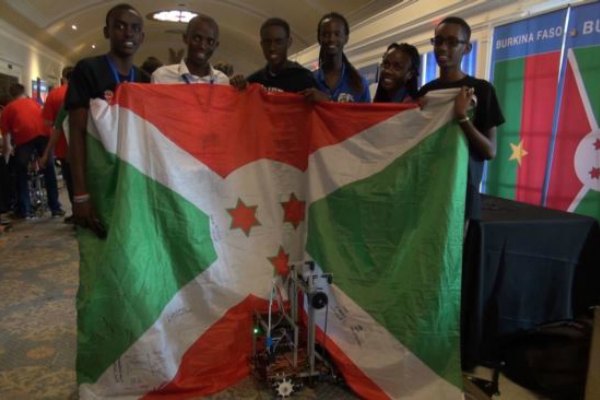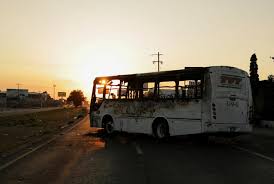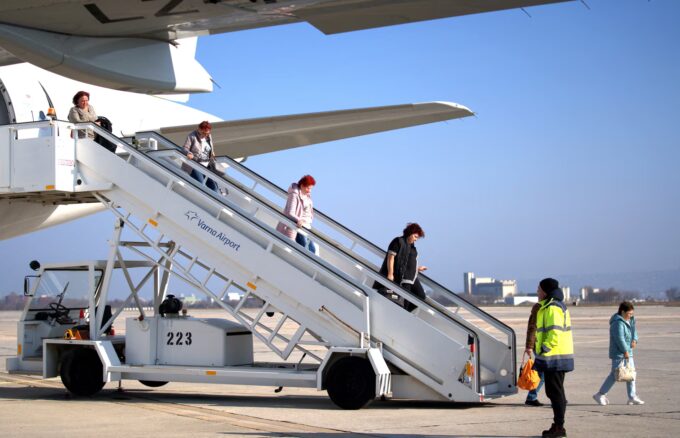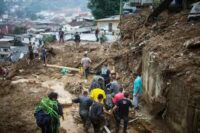The European Union (EU) has partnered with Tanzania, Burundi, and the United Nations High Commissioner for Refugees (UNHCR) to launch an $8.8 million initiative aimed at addressing the ongoing Burundian refugee crisis. This strategic project, officially launched on October 1, 2024, at the Nyarugusu camp in Tanzania, is set to run until 2027. The initiative is expected to provide critical support to Burundian refugees, asylum seekers, and returnees, helping them reintegrate into society and improving their quality of life.
Burundi has seen significant political stabilization in recent years, but thousands of Burundian refugees still reside in Tanzanian camps, unable or unwilling to return home. Since 2017, Tanzania, with support from the UNHCR, has been facilitating the voluntary repatriation of Burundian refugees. Over 177,000 Burundians have returned home through this effort, marking a major milestone in addressing the refugee crisis. However, between 100,000 and 150,000 refugees remain in Tanzania, living in camps like Nyarugusu, Nduta, and Mtendeli.
The challenge lies in encouraging those who remain to return to Burundi and ensuring their successful reintegration into their home country. Many refugees fear returning due to concerns over security, access to basic services, and the ability to rebuild their lives after years of displacement. Although Burundi is now considered stable by the international community, the process of repatriation remains complex, requiring a comprehensive strategy to overcome the socio-economic and legal barriers refugees face.
The EU’s new initiative seeks to address these challenges by focusing on three key areas: access to civil documentation, reintegration into education, and vocational skills recognition. For many returnees, the lack of proper identification and documentation has been a major obstacle to accessing essential services like education and healthcare. By improving access to civil documentation, the program aims to ensure that returnees can fully participate in Burundian society.
The initiative also emphasizes education and vocational skills recognition. Years of displacement have disrupted the education of many Burundian refugees, particularly the youth. The program aims to support reintegration into the education system, helping students who have fallen behind catch up and ensuring that they can continue their studies. Additionally, recognizing vocational skills acquired during their time as refugees is critical for their economic reintegration. Many refugees have developed valuable skills in camps that can contribute to their home country’s economy, and formal recognition of these skills will help them secure employment and contribute to Burundi’s development.
Legal protection services in Burundi will also be enhanced under the initiative. Returnees often face legal and bureaucratic hurdles when trying to reclaim property or access services. Strengthening legal protection mechanisms will support a smoother transition and help returnees re-establish their livelihoods without fear of exploitation or discrimination.
The EU, Tanzania, Burundi, and the UNHCR recognize the importance of a coordinated approach in addressing the refugee crisis. The initiative will rely on close collaboration between these key partners, along with the participation of local communities in both Tanzania and Burundi, to ensure the success of the program.
Speaking at the launch event, representatives from the EU and Tanzania expressed their commitment to improving the conditions of Burundian refugees and supporting their safe and voluntary return home. “This initiative reflects our shared goal of ensuring that refugees are not just relocated but reintegrated into society with dignity,” said an EU spokesperson. “We are committed to working hand in hand with our African partners to create sustainable solutions for these displaced populations.”
As the project unfolds, it will play a crucial role in supporting one of Africa’s most vulnerable populations. The Burundian refugee crisis, while overshadowed by more recent conflicts, remains a significant humanitarian concern, and this initiative offers hope for a brighter future for thousands of displaced Burundians.














Leave a comment